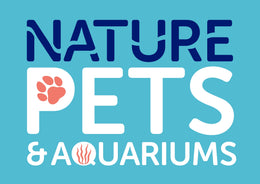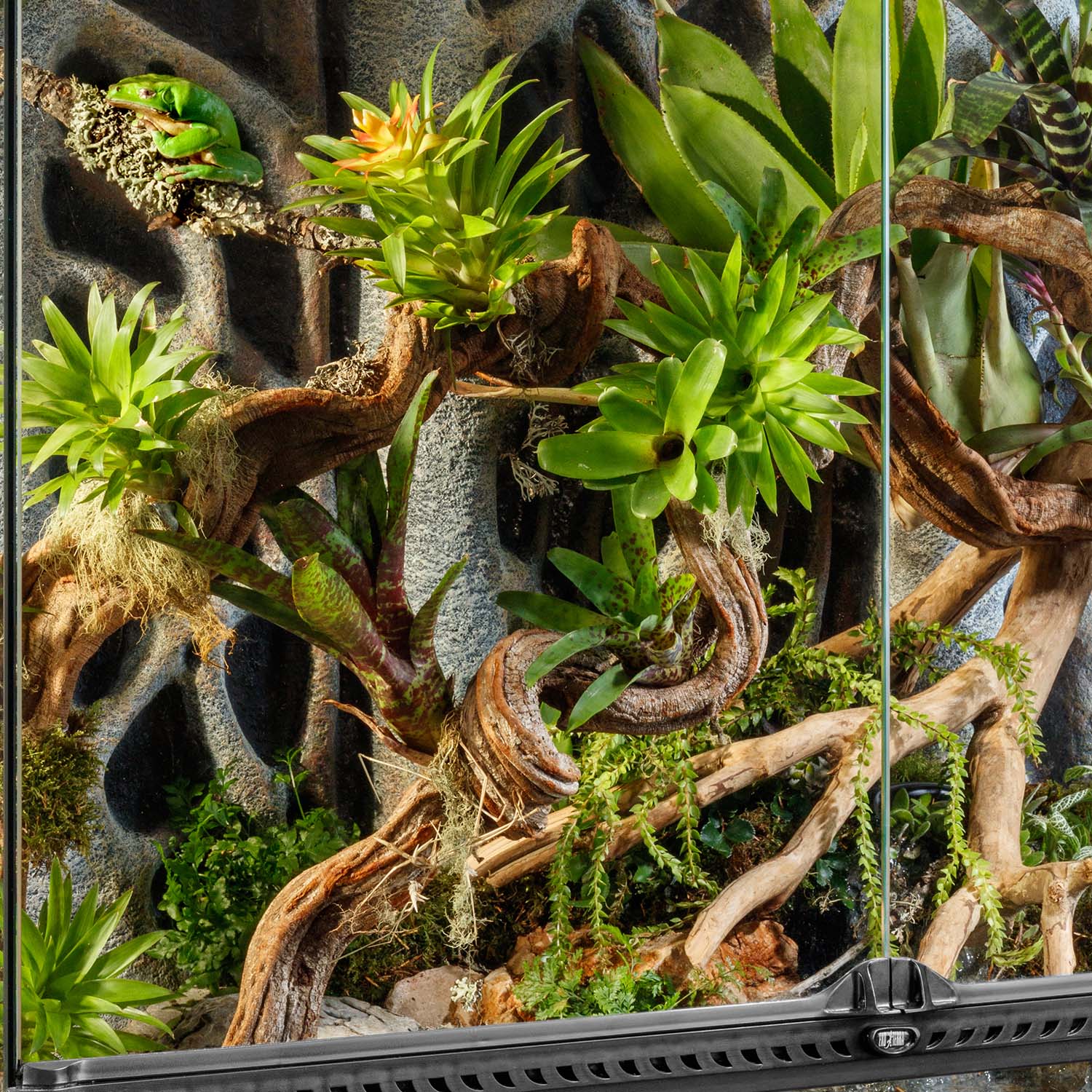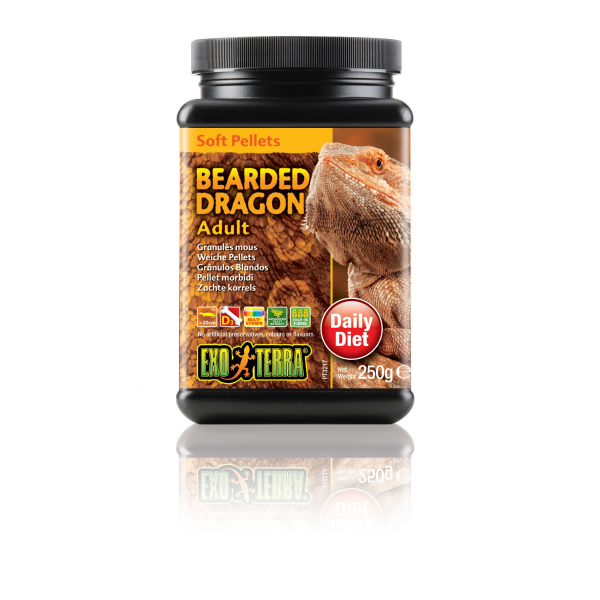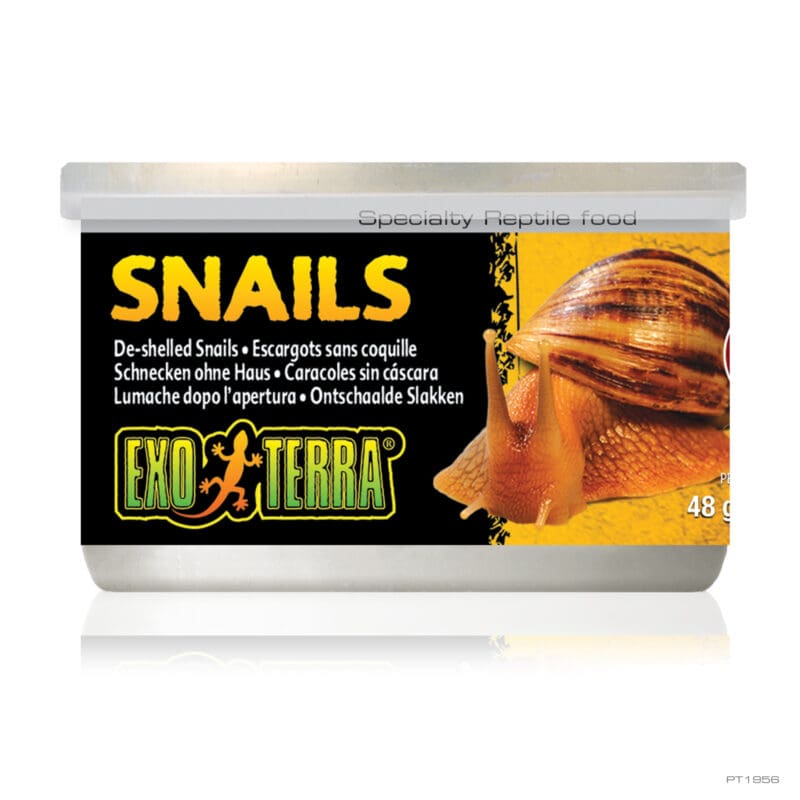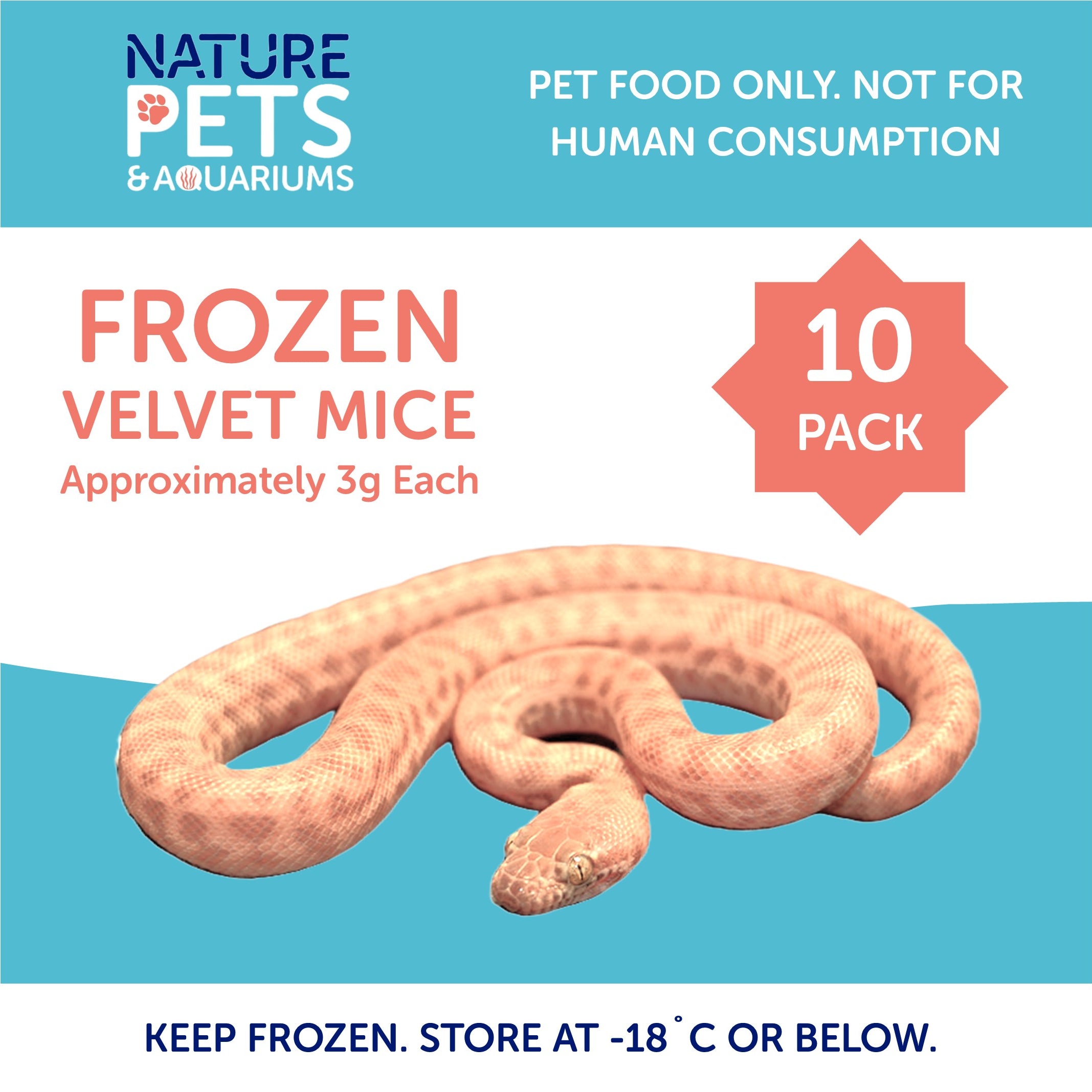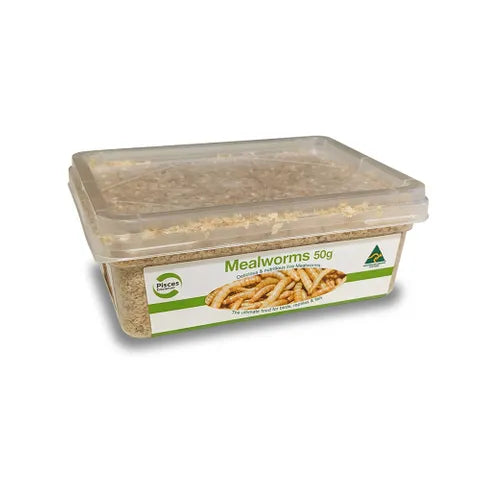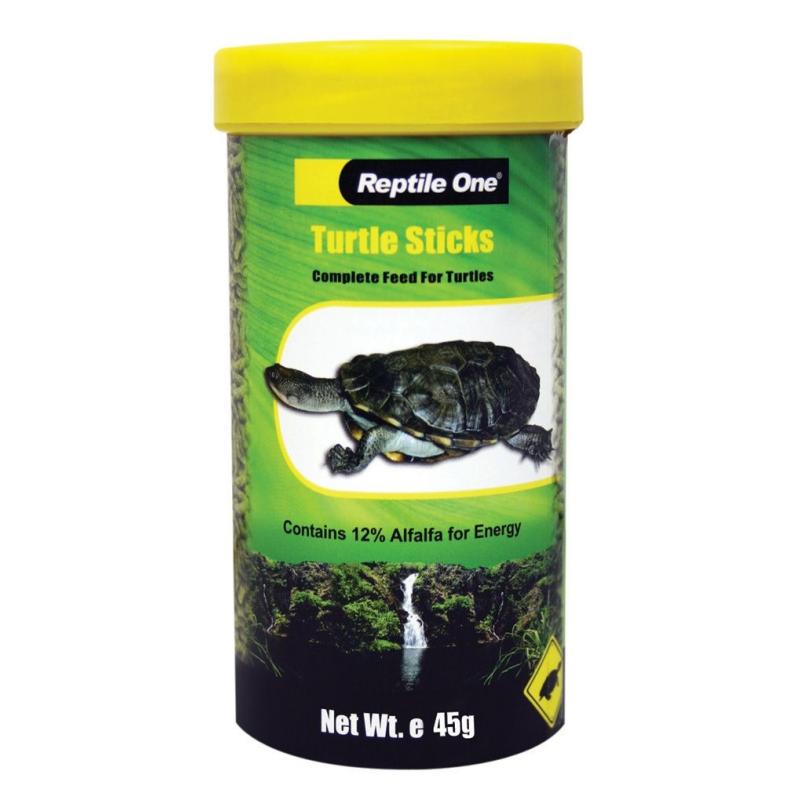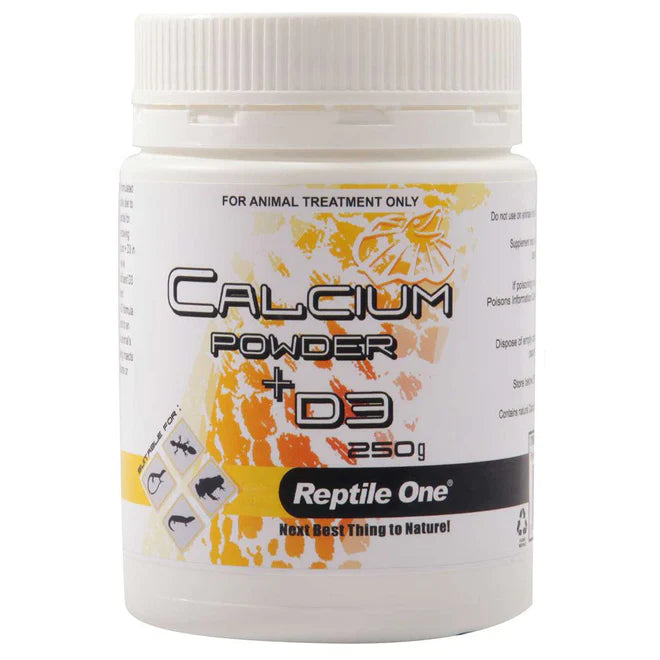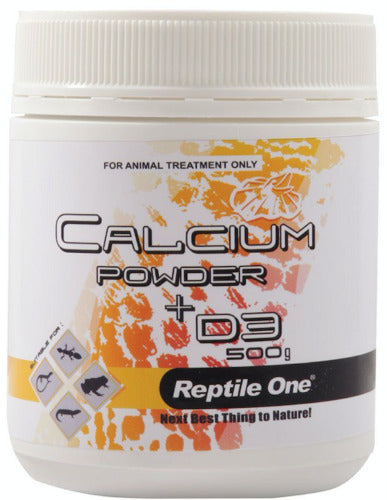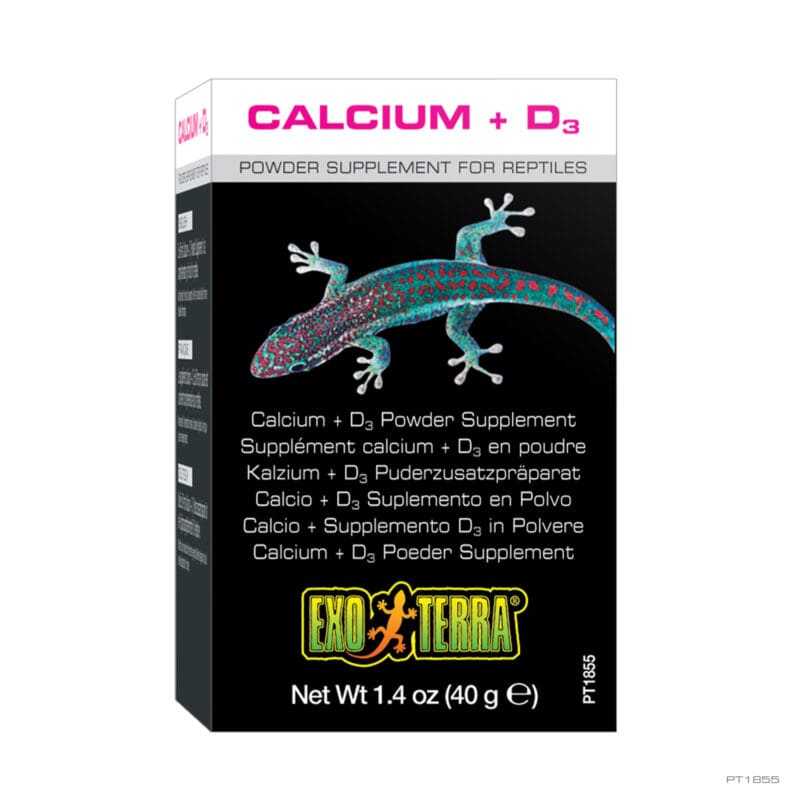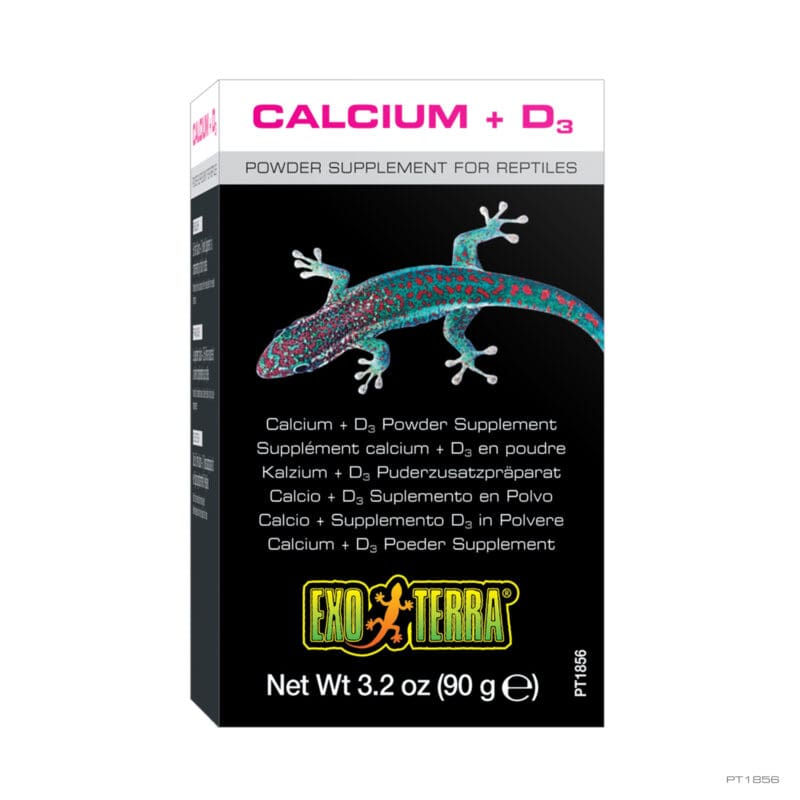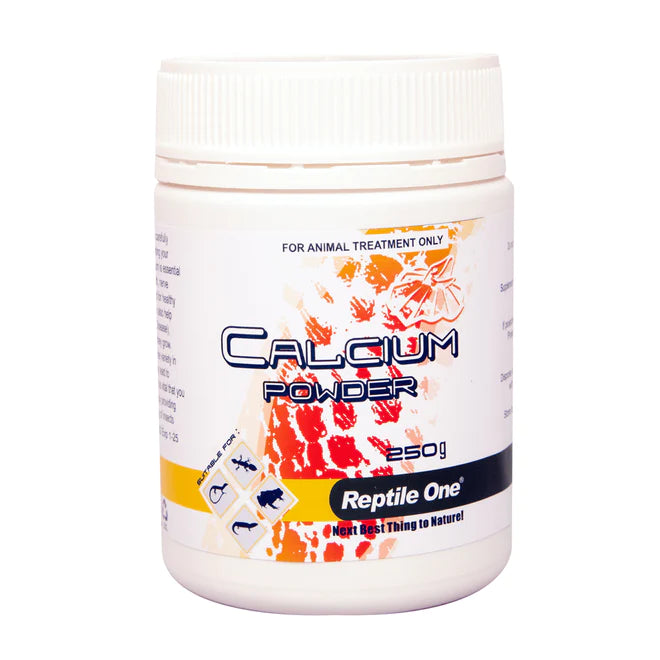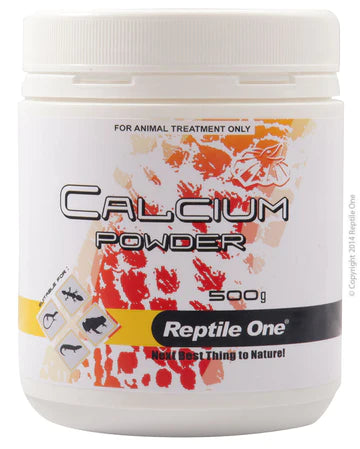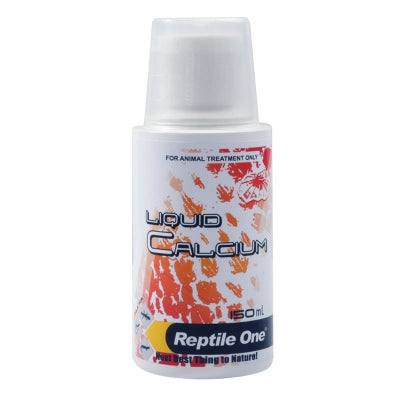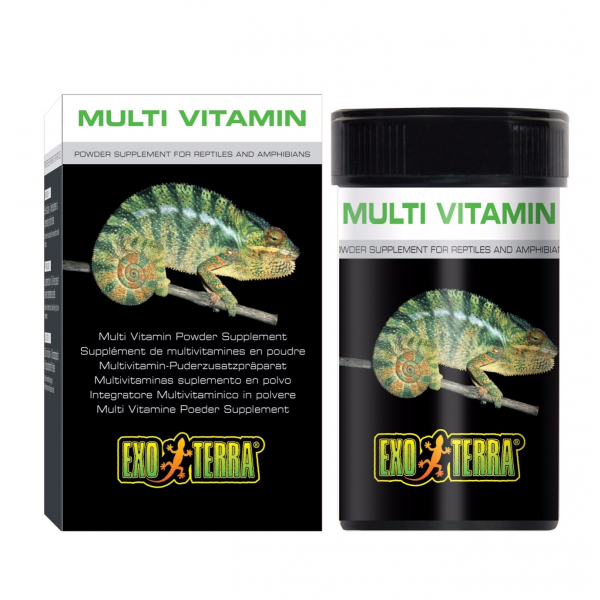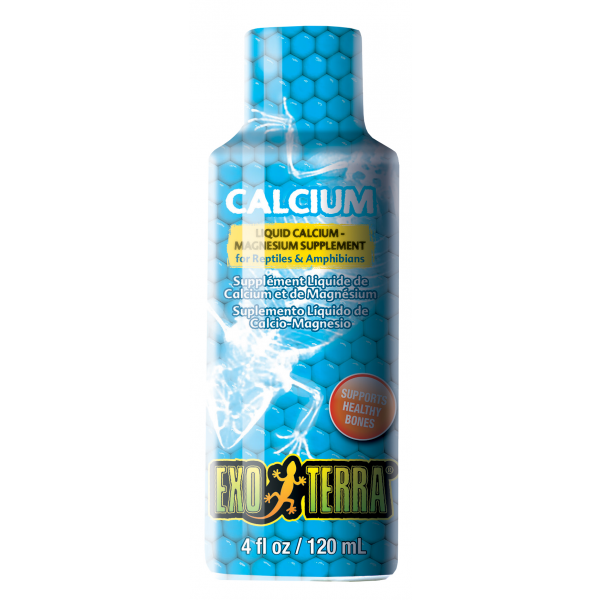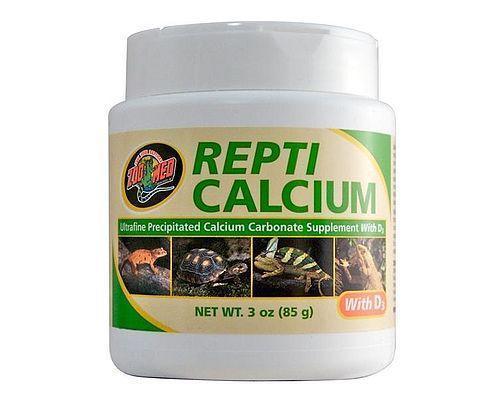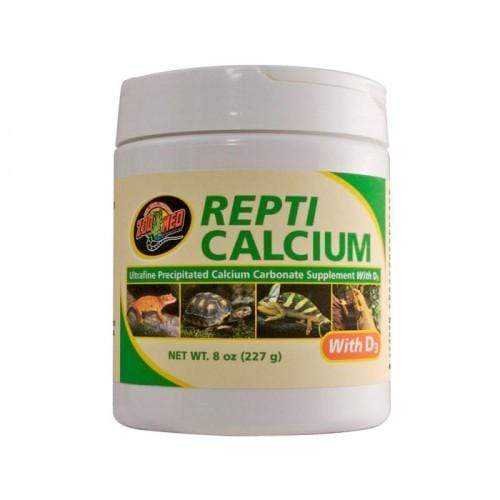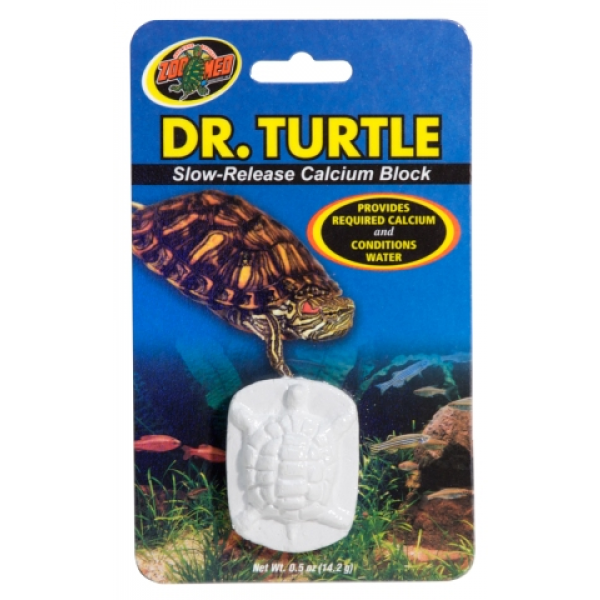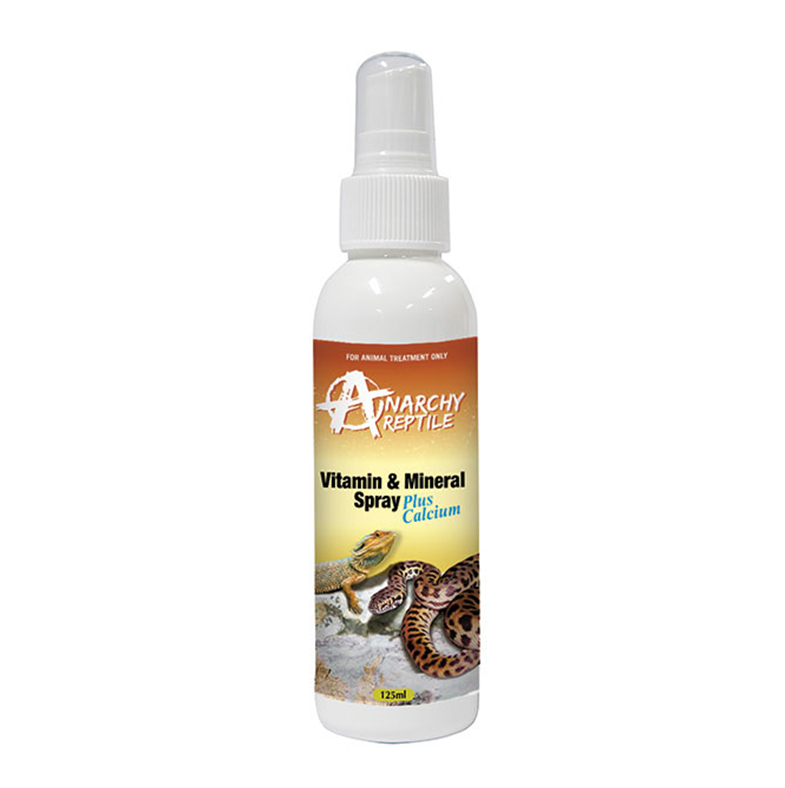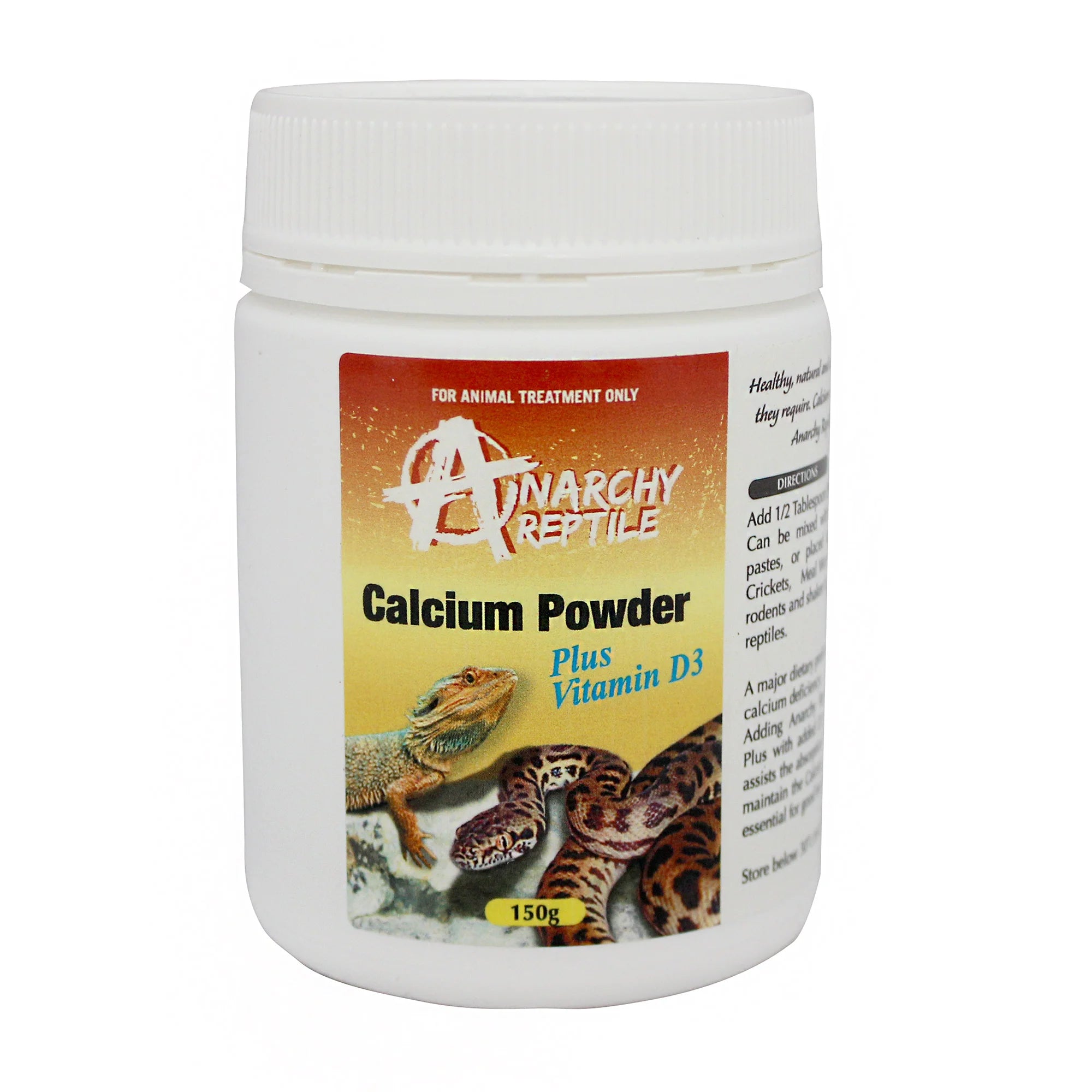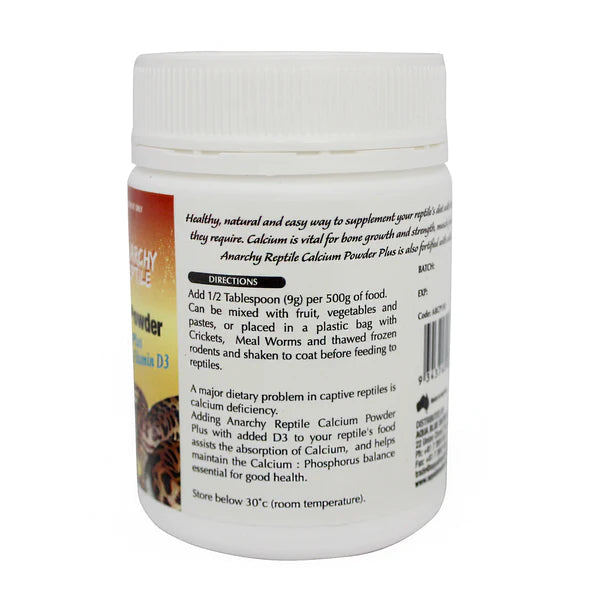Understanding and providing the right nutrition is essential to ensure the longevity and vitality of your animals. To meet the nutritional needs of reptiles and amphibians, it's important to consider the dietary requirements of each species and the different stages of their development.
Proper nutrition early in life sets the foundation for good health. Like all living creatures, reptiles and amphibians need appropriate nutrition to grow and develop. Hatchlings and juveniles need sufficient nutrients to support their rapid growth, bone development, and organ maturation. Some species transition from a higher protein diet during their juvenile stage to a higher fibre diet in adulthood (e.g. bearded dragons). Often, these higher protein diets consist of sprouts, young greens, and growing foliage, but some species meet their protein needs by eating insects or animal matter.

Source of energy
Nutrition provides the energy needed for the various metabolic processes in their bodies. A well-balanced diet ensures they have enough energy to carry out essential physiological functions.
Crucial for successful reproduction
Females need adequate nutrients to develop healthy eggs, while males require energy for courtship behaviours and mating. A lack of proper nutrition can lead to reproductive issues and hinder the success rate of breeding.
Overall health
A well-nourished animal will have a stronger immune system, making it more resistant to diseases and infections. Essential vitamins and minerals play a key role in boosting immunity and helping fight off illnesses. Many reptiles have intricate bony structures and shells that require specific nutrients to remain strong and healthy. Calcium and vitamin D, for example, are vital for proper bone and shell development, as well as maintenance. Inadequate calcium intake can lead to metabolic bone disease, a common issue in the hobby. Furthermore, well-balanced nutrition is crucial for maintaining healthy skin and supporting the shedding process. Poor hydration and nutrient deficiencies can lead to improper shedding, which can result in skin infections and other health problems.
Species-specific nutrition
Different reptile and amphibian species have unique dietary needs based on their natural habitats, behaviour, and physiology. Understanding the specific nutritional requirements of each species is essential for their optimal health and well-being. Most have a fairly primitive digestive system, making them highly specialised feeders. Certain species cannot digest plant fibres, while others struggle to digest high-protein sources (e.g. insects, mice).
Providing a balanced and varied diet that closely mimics their natural food sources is crucial for ensuring the health and longevity of these fascinating creatures. In some cases, supplementation with vitamins and minerals may be necessary.

